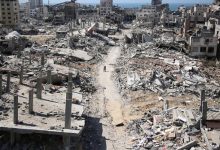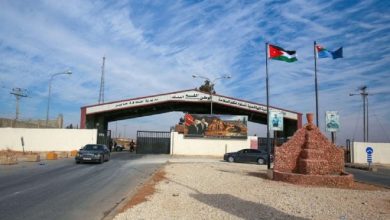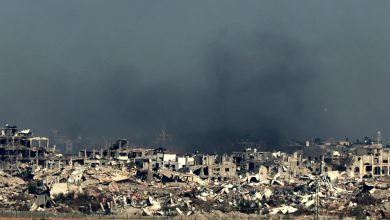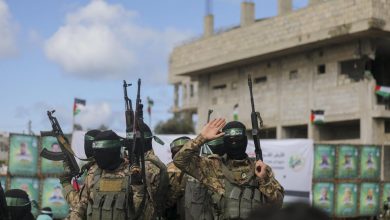Al-Aqsa Deluge: Israel’s Military Balance Shifts Dramatically

Watan – Major General Fayez Al-Duwairi weighs in on the unfolding situation in the Middle East. He suggests that the recent military actions, particularly the initiation of the “Al-Aqsa Deluge” operation, signal a significant shift in the balance of power, potentially redressing historical setbacks faced by Arab forces.
Speaking to “Al Jazeera Qatari” channel, Al-Duwairi highlighted the declaration of a state of emergency and war in Israel. He interprets these measures as clear indicators of a profound crisis engulfing both Israel’s military and its political leadership.
“The Israeli army is grappling to find its footing,” he remarked, noting that even after 36 hours, the forces seem to be struggling to navigate this challenging phase.
Al-Duwairi also answered the possibility of the continued presence of resistance soldiers in the occupied territories especially given their recent advances in areas surrounding Gaza.
“Al-Aqsa Deluge” Overpowers the Israeli Army
Major General and military strategist Faiz al-Duwairi remarked:
- The continuation of clashes in Israeli towns and settlements for the second consecutive day, persisting in several locations, signifies Israel’s inability to regain its equilibrium. Israel, up to this point, has been incapacitated on strategic, leadership, and ground execution fronts. The prevailing shock continues to influence military leaders and commanders of sub-units.
- The evident Israeli dismay is palpable on the battlefield. Events, such as the Zouari drones penetrating Israeli airspace regardless of their outcomes, corroborate my assertions. This further confirms that the “Al-Aqsa Deluge” is indeed overpowering the Israeli military. Recently, five boats and commandos managed to land on the shores of the occupied territories and engage in combat, which is still ongoing.
-
Additional infiltration operations took place on Sunday morning, October 8th, aiming to secure ammunition and bolster the capabilities of the combat groups that entered the previous day. This indicates the Israeli army’s inability to take control, despite deploying tens of thousands of soldiers to the region and evacuating residents. The army has yet to establish dominance and manage the situation effectively.
He emphasized that the current situation is unprecedented and requires a fresh strategic perspective. However, how long will the resistance soldiers continue to fight in the occupied territories?
He suggested that as more Israeli forces are mobilized, the top echelons of Israeli leadership might regain the initiative, potentially leading to a strategic withdrawal of Hamas’s elite forces. He reiterated that he believes Hamas has played the game with utmost professionalism, compensating for the losses of the Arab armies, and that the occupation is unable to regain balance.
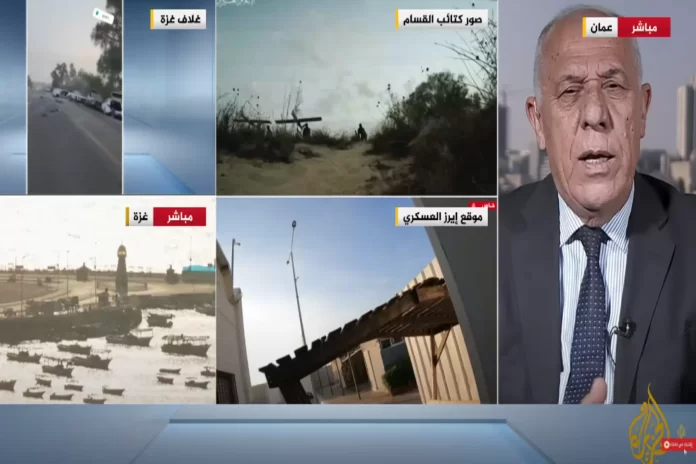
Is Tension Escalating in Lebanon?
In another context, after Israeli sources spoke about intercepting a march coming from Lebanon with an Israeli Patriot missile in Safed, the question arose about the possibility of this tension escalating. Al-Duwairi mentioned that everything that has happened on the Lebanese front so far does not go beyond the known rules of engagement that both sides have adhered to.
The “Al-Aqsa Deluge” operation began on Saturday, October 7, causing significant losses in the ranks of the occupation and striking its controlled areas unexpectedly by land, air, and sea in an unprecedented war.
You might like:
Al-Aqsa Deluge: A Bold Gambit by Palestinian Resistance


